A ‘privilege to preserve’: Shelburne’s Kenburn Orchards placed in conservation restriction
| Published: 03-03-2024 12:04 PM |
SHELBURNE — Susan and Larry Flaccus, owners of Kenburn Orchards, have placed a conservation restriction on their land, ensuring no development will occur on the 152-acre property.
“It really is the first significant farm on the Mohawk Trail coming up the hill from Greenfield,” Larry Flaccus recently told the Selectboard. “It sets the tone for the town as a farming and rural community.”
The Selectboard approved the conservation restriction, which is now pending state approval.
The Flaccuses’ property has been in their family since 1924, making this year the centennial year of the farm. Currently, the land is used for blueberry and hay cultivation. In recent years, the couple operated a bed and breakfast and grew Christmas trees, which they phased out of operation.
From 1924 to the 1980s, the property functioned as an apple orchard. Since the land was first sold from a larger tract of land in 1802, it has been owned primarily by just two families.
The land already benefits from a Chapter 61 tax exemption, which has been in place for several decades. This exemption provides preferential tax treatment to landowners who maintain their property as open space for timber production, agriculture or recreation. To qualify for this exemption, landowners must have an approved forest management plan, renewable once a decade. Both Chapter 61 and land restrictions can coexist on a parcel of land simultaneously.
“It really is a long-term project for us. My father asked that we not develop it,” Susan Flaccus said. “It is a longstanding dream of my dad’s. It is a longstanding dream of mine.”
Susan Flaccus explained that she and her husband have been working to implement the conservation restriction, “one way or another,” since 1997. Franklin Land Trust will have primary stewardship responsibility for the land.
Article continues after...
Yesterday's Most Read Articles
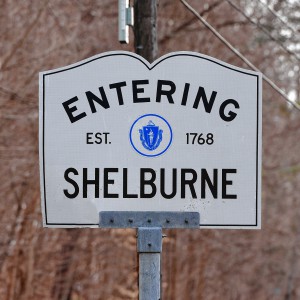 Serious barn fire averted due to quick response in Shelburne
Serious barn fire averted due to quick response in Shelburne
 Bridge of Flowers in Shelburne Falls to open on plant sale day, May 11
Bridge of Flowers in Shelburne Falls to open on plant sale day, May 11
 Political newcomer defeats Shores Ness for Deerfield Selectboard seat
Political newcomer defeats Shores Ness for Deerfield Selectboard seat
 Roundup: Pioneer baseball wins Suburban League West title following 2-0 win over Hopkins
Roundup: Pioneer baseball wins Suburban League West title following 2-0 win over Hopkins
 As I See It: Between Israel and Palestine: Which side should we be on, and why?
As I See It: Between Israel and Palestine: Which side should we be on, and why?
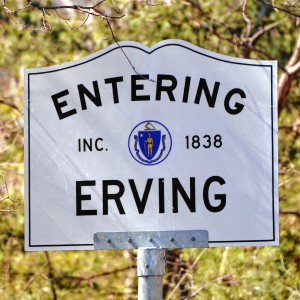 Employee pay, real estate top Erving Town Meeting warrant
Employee pay, real estate top Erving Town Meeting warrant
“It is quite amazing for wildlife habitat,” Alain Peteroy, director of land conservation at Franklin Land Trust, said at the Feb. 26 Selectboard meeting.
The property borders Apex Orchards and other plots of farmland with Agricultural Preservation Restrictions (APRs). It features a variety of mixed topography that serves as an ecosystem for numerous animal species.
“We feel like this is an important farm to conserve. It has good soil. It already has active agriculture and could return to more agriculture with new owners,” Peteroy continued.
“Franklin Land Trust is a lovely, small, very active organization. They are able to preserve lots of land in West County,” Susan Flaccus noted.
At the Selectboard meeting, the couple explained they reached the decision to place a conservation restriction on the property instead of an APR because it is less restrictive. An APR provides more financial benefits to landowners and makes them eligible for certain grants, whereas with conservation restrictions, a small stipend is offered to the property owners.
The conservation restriction permits forestry, agriculture and recreational trails. It includes a 6-acre “envelope” for a house on the property, which can have construction as needed. The lot with the house cannot be subdivided from the rest of the property and sold separately under the conservation restriction.
The Flaccuses are strong advocates for land stewardship and the preservation of open space in Shelburne. Susan Flaccus said her husband currently holds the chair position on the town’s Open Space Committee. Larry Flaccus has served on that committee since its inception about 15 years ago.
They plan to move out of their home this spring and into the Lathrop Retirement Community in Easthampton. They do not have children to inherit the land, so they hope to ensure the land remains open space in the process of selling it.
All members of the Selectboard, the town administrator and one public commenter, Jeff Boettner, spoke in support of the conservation restriction.
“As an abutter, I am thrilled with what they are doing,” Selectboard member Richard LaPierre said.
“You can always make more money or acquire more things,” Susan Flaccus said, “but you cannot obtain more land. It is our privilege to preserve the land.”
Contact Bella Levavi at 413-930-4579 or blevavi@recorder.com.

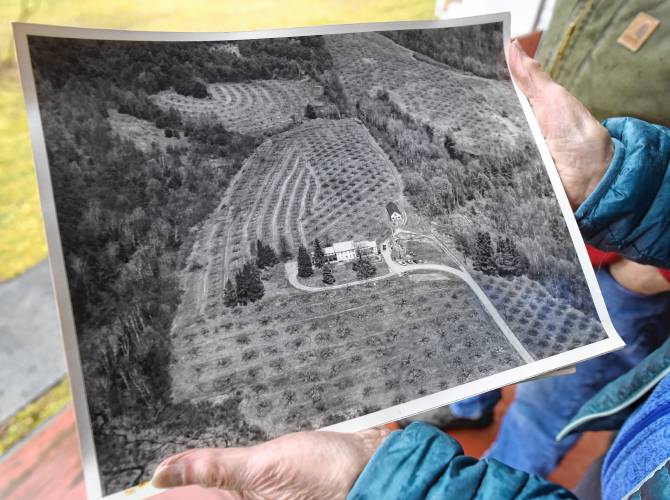
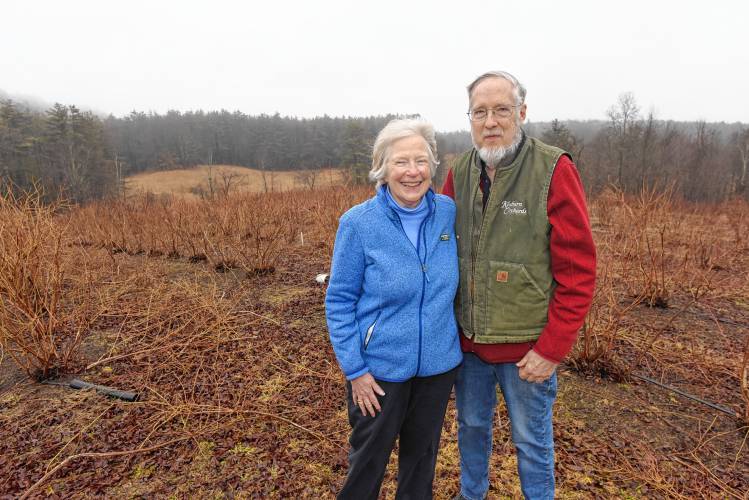
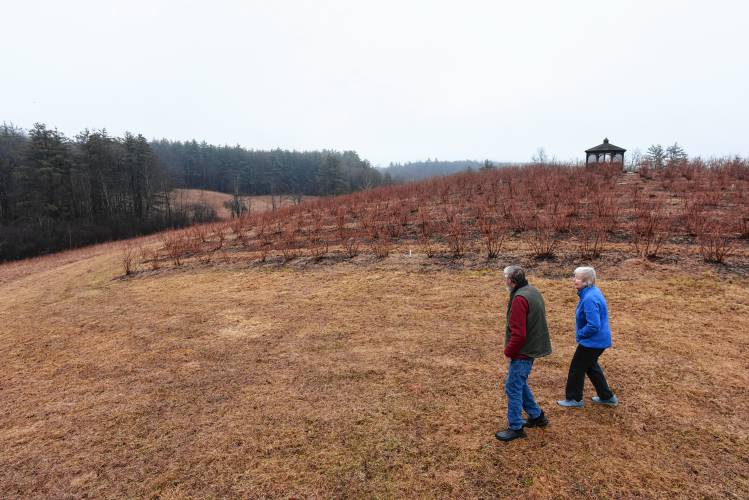
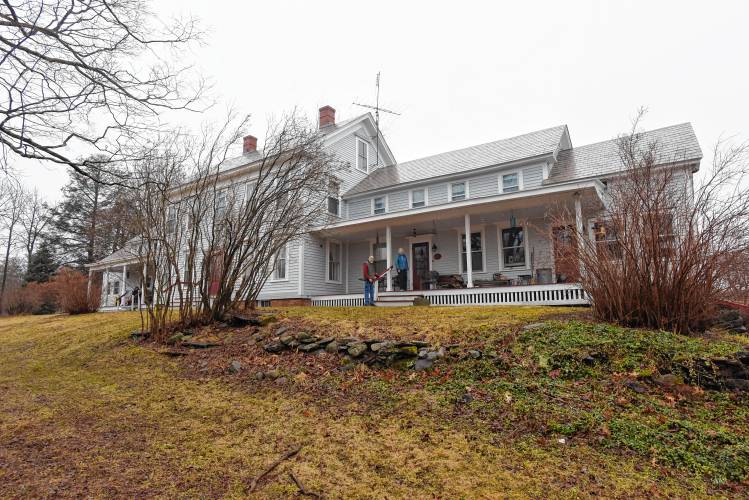
 No surprises in Wendell election
No surprises in Wendell election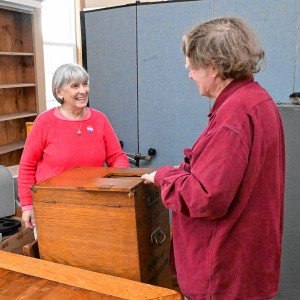 New Salem election ushers in new Selectboard member
New Salem election ushers in new Selectboard member
